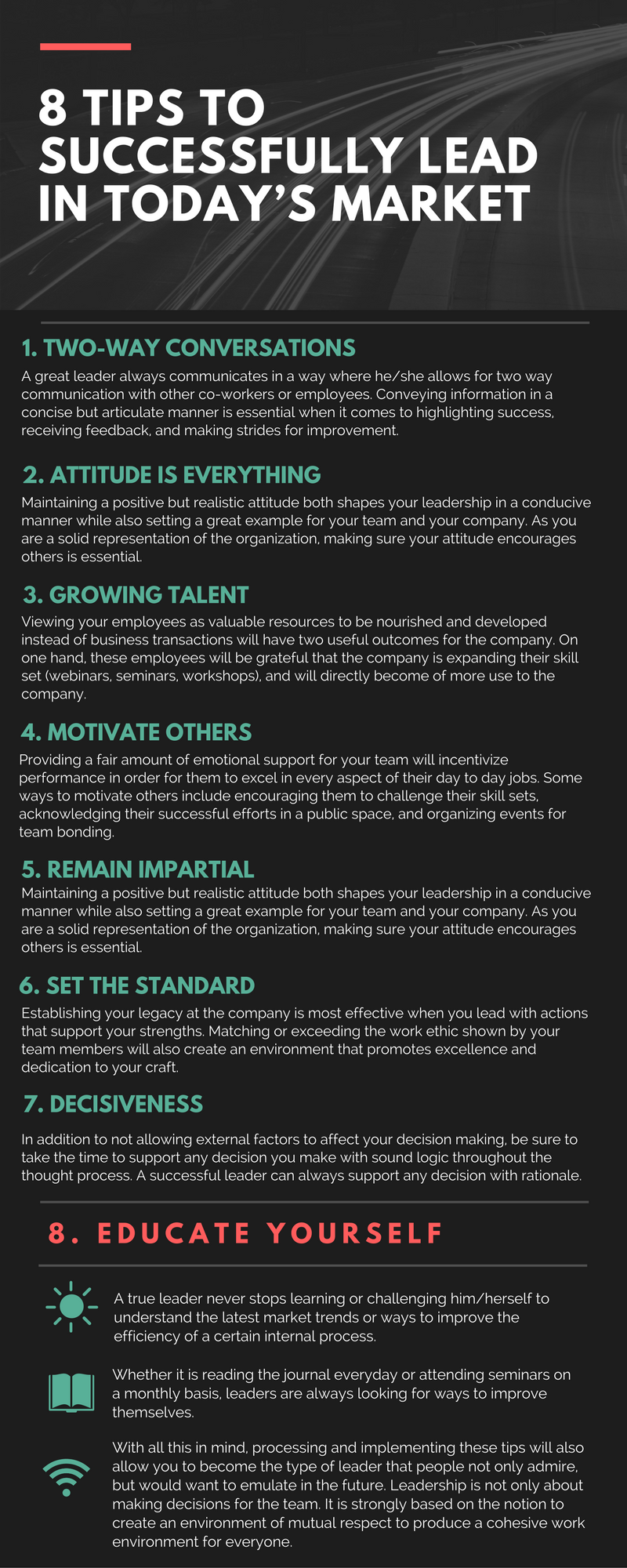When we think of leaders and successful people, we usually just picture them in their successes. Seldom do we think of their failures. Failure can cause emotional pain and embarrass us, but the silver lining of failure is that it is an opportunity to grow and enrich our lives both personally and professionally.
The first gift of failure is humility. Acknowledging a mistake and/or failure takes us to a place of vulnerability. Admitting to it is powerful and helps us to affirm that we want to do the correct thing, in the case of wrongdoing, or to do better if we fell short. Humility is also a reminder that as humans, we are social and need to rely on one another.
Another gift of failure is compassion. Admitting to mistakes can be unbearably embarrassing, painful, even, but that embarrassment can increase our compassion for others. Research has shown that we tend to focus more on ourselves when we are successful and have achieved a higher status. The vulnerability of failure opens us up to connecting with others. Sally Blount, a contributor to Forbes, puts it best: “It turns out that engaging in the small joys and comaraderies of everyday life is one of the best ways to soothe a chastened ego.”
One of the best ways to recover from failure is to keep an openness to learning. Many people find they learn best through experience, and that includes experiencing failure. Of course, this isn’t easy, as we tend towards safety and comfort. The combination of humility and compassion helps us learn and better connects us with others. While success may increase confidence, it is failure that builds wisdom.
